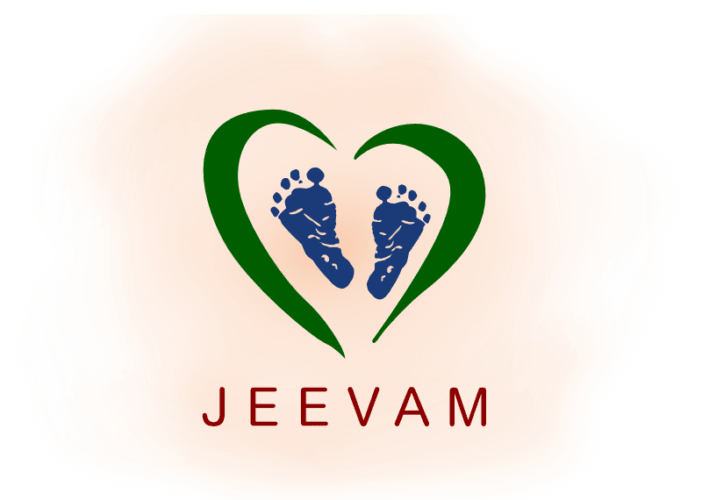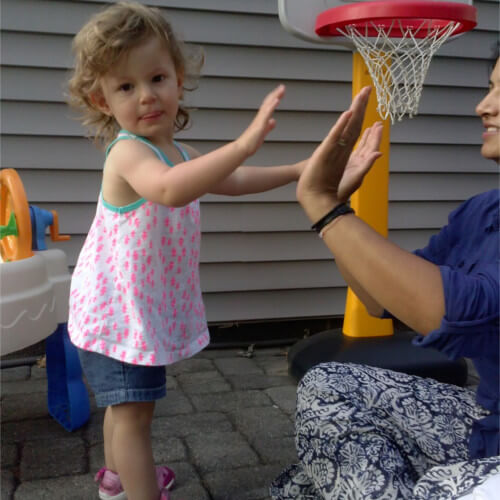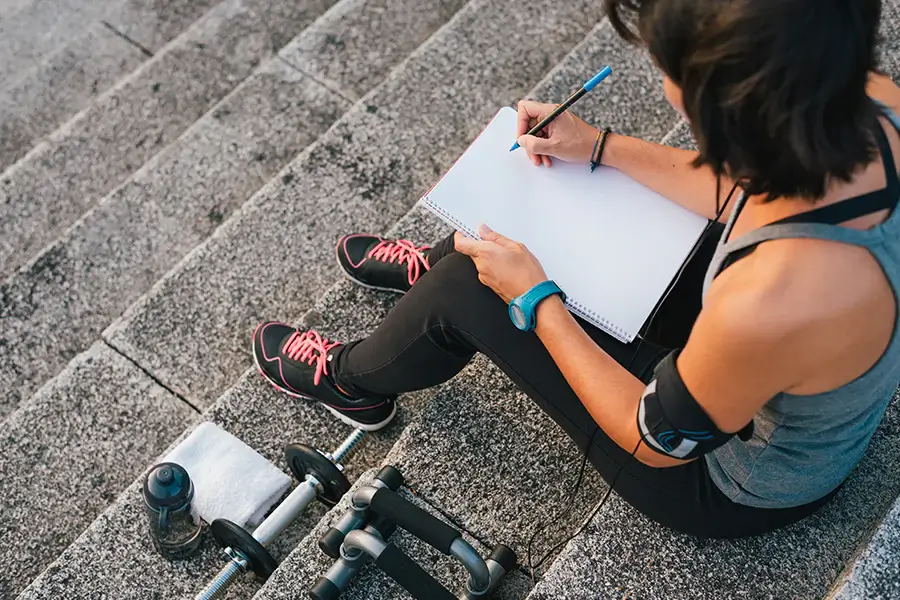You are about to go to a meeting, you get an urge to visit the restroom before the meeting starts. Ok, you went already, but it seems like you still have some more left to void. Or, you want to finish working on a project, but you get constantly interrupted by urges to go. Yet you still get the same feeling there is some more left in your bladder or bowel. Or you got a terrible spasm and/or pain while voiding, at times your. You may have dyspareunia (painful sex) or pelvic floor muscle dysfunction(PFMD). It’s not only for females…
Check your pelvic floor with a genito-urologist. Check for your prostate health, and get a diagnosis. It’s not only you but millions of people across the gender who suffer from pelvic pain. We understand this pain affects you mentally, physically, socially, and emotionally.
What is pelvic floor muscle dysfunction (PFMD)?
There is a group of muscles that hold our internal organs like a hammock by the pelvis (hip). Which’s called the pelvic floor. Male and female both have a pelvic floor muscle hammock. It supports the load of all internal organs against gravity. All males have 2 openings through the pelvic floor muscles to empty the bowel and bladder. The females have one additional opening for childbirth. So It’s generally assumed that a female will have PFMD after childbirth. However, there can be many reasons why the pelvic floor muscles in men don’t function well. They act are uncoordinated, weak, and tight or loose, even in males. Stress is a major factor in PFMD diagnosis.
What does PFMD feel like?
- Low back pain (LBP) that’s unresponsive to back therapy.
- Hip pain, testicular pain, and/or groin pain.
- Tailbone or genital pain.
- Aching, or throbbing or burning pain – inside underbelly.
- Pain prior, during, and/or after ejaculation
- Urinary frequency /urgency/ pain
- Weak urinary stream or difficulty starting urination
- Constipation/diarrhea and pain with bowel movements
What causes pelvic pain?
Pathological pain: It might be prostate-related. Sometimes a bacterial infection may cause Prostatitis is a common reason for pelvic pain in men under age 50. Or prostate enlargement (may or may not be cancer) may cause pelvic pain. Painful bladder syndrome (Interstitial cystitis) can be another cause of pelvic pain. Irritable bowel syndrome (IBS) can contribute to your pelvic pain.
Nerve related: An irritation of the nerve (called pudendal neuralgia). That connects the bottom half of the penis, part of the scrotum, the perineum, anal area, and some of the pelvic floor muscles. Pudendal (the nerve that innervates the pelvic muscle) neuralgia can be due to multiple reasons. Let your doctor diagnose this accurately.
Muscle related: Muscle spasm and Hypertonia are common causes of PFMD. Posttraumatic hypertonia is common among young adults under age 30. Whereas, hypotonia or muscle weakness in the aging population.
Whatever the cause might be one thing that is common amongst the majority of pelvic pain diagnoses is a lack of diaphragmatic synchrony with the pelvic floor.
In any case, you need to show your urologist and/or gastroenterologist, and pelvic floor physical therapist (PFT).
How can Physical Therapy help?
Your doctor of physical therapy (PFT) will assess accurately the underlying cause of your pain and treat it accordingly.
The pelvic floor therapist (PFT) will suggest modifying your habits and diets to suit your lifestyle. S/he will teach you strategies to improve mindfulness and synchronize your diaphragm and pelvic floor while breathing. And bowel and bladder hygiene and routine. Also, specific exercises consisting of stretching and strengthening of appropriate muscle groups. Your PFT will teach you pelvic floor muscle exercises called Kegel with the use of biofeedback in exercising correctly. If needed S/he may manual therapy to release spasms.
According to a study published by Cohen et al. in the International Society for Sexual Medicine Sex Med Rev 2016;4:53e62. Copyright 2016, “Pelvic floor physical therapy is a necessary tool in a more comprehensive bio-neuromusculoskeletalpsychosocial approach to the treatment of male sexual dysfunction and pelvic pain”
Here at Jeevam therapy, we treat you as a whole, not just your symptoms. We get to know you and your symptoms well by taking a thorough history. Thoroughly evaluate the following systems:
- the integrity of your musculoskeletal system (muscles, tendons, ligaments, and bones)
- your pulmonary system (lungs and breathing)
- neuromuscular system (nerves and related muscles)
- cardiovascular system (heart and related blood vessels)
- reproductive system (sex practice and your genitalia)
- and your daily habits.
Pinpoint the root cause(s) of your pain, and discuss your plan of care with you. We’ll educate you about your pelvic floor muscles, teach you how to manage your symptoms, and make you in charge of your pelvic pain for the rest of your life.
June is men’s health awareness month. At Jeevam therapy, we like to bring your attention to two important men’s health issues that are overshadowed by the same diagnosis in females. Breast Cancer in men is another diagnosis that’s not talked about as much as it’s in females. Occasionally we see one or two male patients with Lymphedema after Mastectomy (removal of breast tissue). We will post our highlights on men’s breast cancer on our next blog. Stay tuned!
https://mayamassage.files.wordpress.com/2016/01/breathe_titled.gif?w=640
https://www.ncbi.nlm.nih.gov/pmc/articles/PMC2292121/
https://www.cancer.org/cancer/prostate-cancer/about/key-statistics.html
https://www.smr.jsexmed.org/article/S2050-0521(15)00002-5/pd




